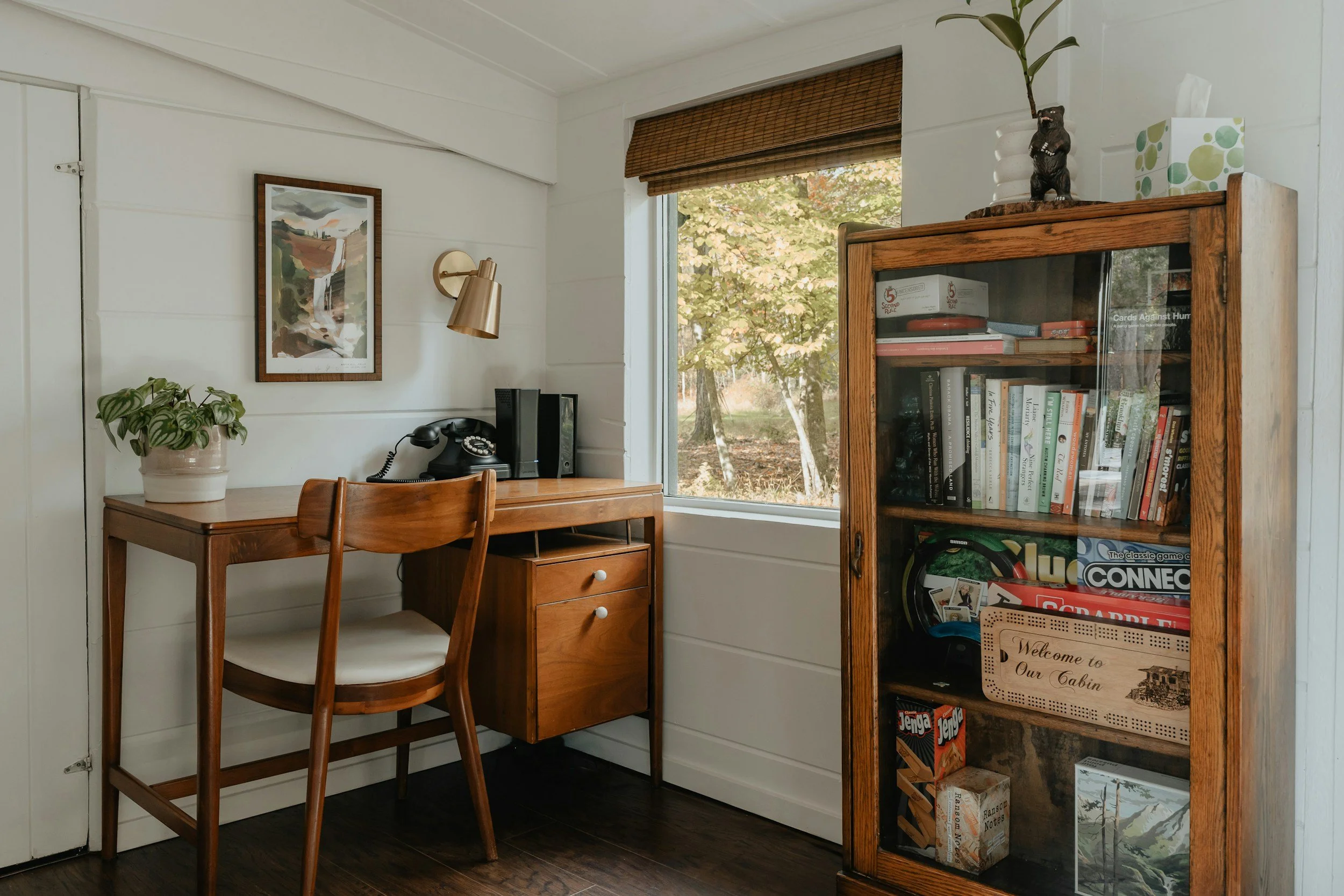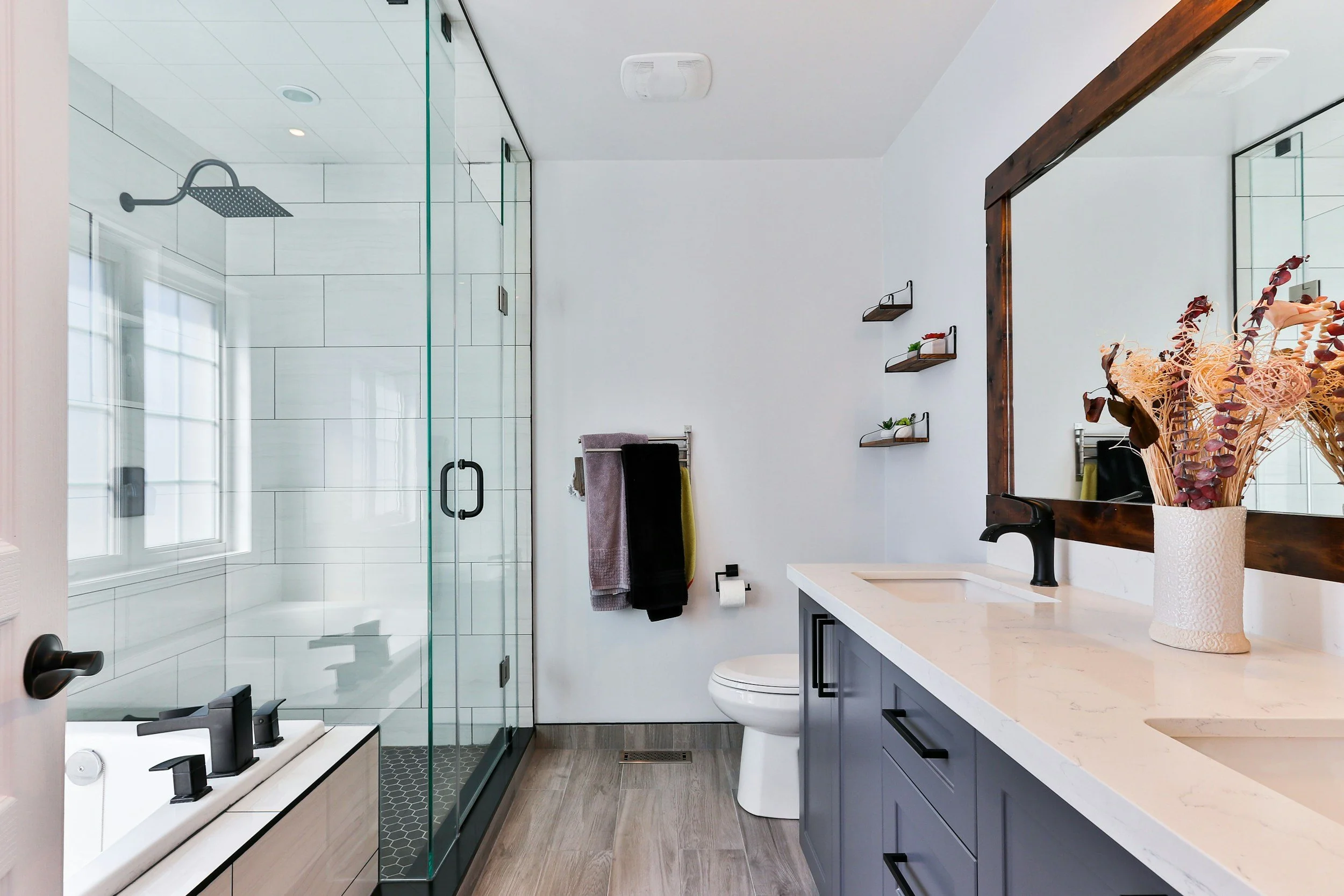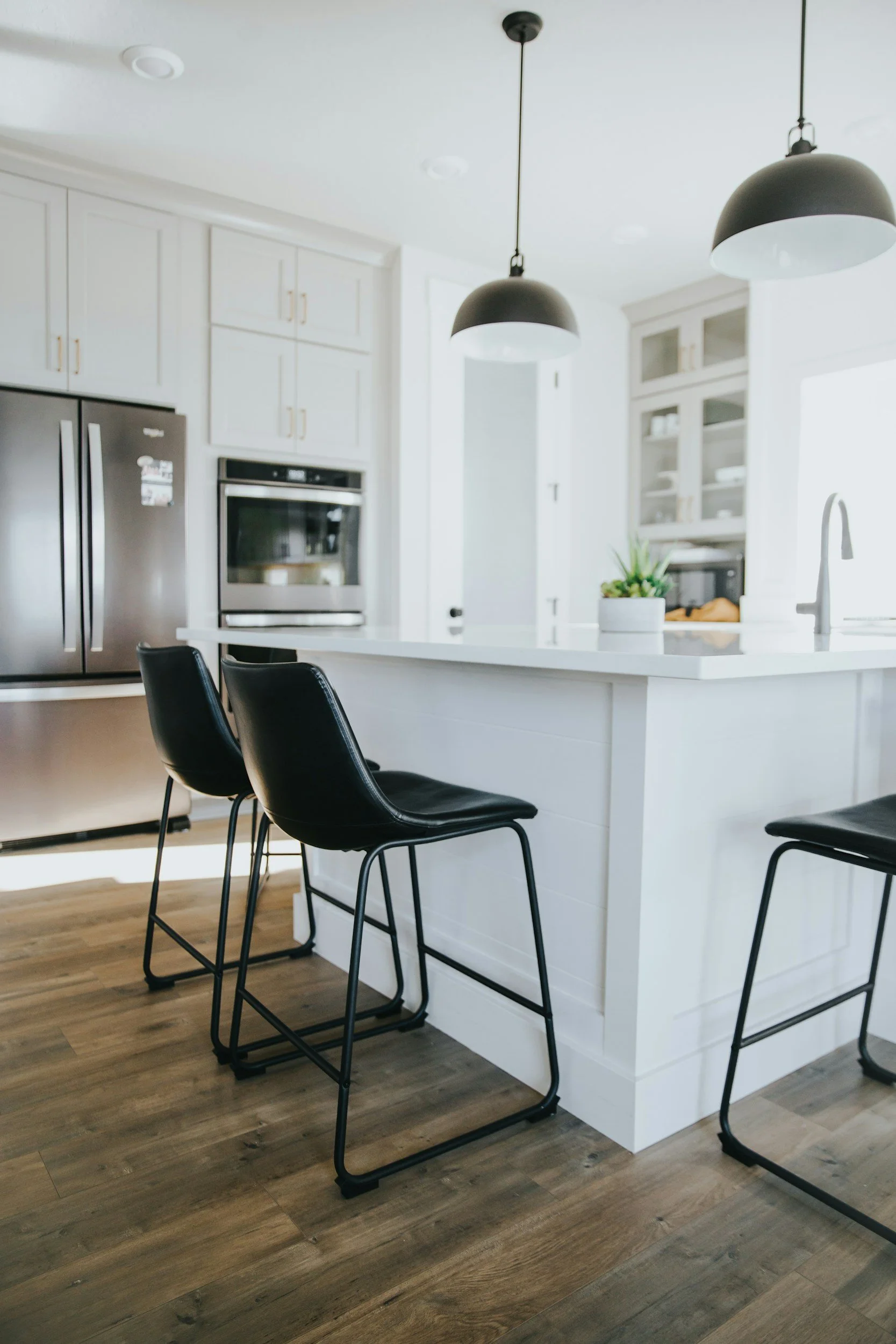
What funds can be used for a down payment?
Saving for a down payment doesn’t have to be a roadblock to homeownership. From gifts and retirement funds to second mortgages and down payment assistance programs, there are many ways to make your homebuying dreams a reality. Learn how to navigate your options and choose the best path forward.

Can you buy a home with zero down payment?
Saving for a down payment doesn’t have to delay your dream of homeownership. Discover low and zero down payment options that can help you buy a home without draining your savings.

What are Conforming and non-Conforming loans?
Not sure whether a Conforming or Non-Conforming loan is right for you? This guide breaks down the differences in loan limits, credit scores, and more—so you can choose the best fit for your budget and goals.

How do I buy a second home?
Buying a second home can be a smart move for vacations, college housing, or investment—but it comes with stricter mortgage requirements than your primary residence. Learn the pros, cons, and financing options to help you prepare for this exciting purchase.

How do I buy an investment property?
Investment properties can be a powerful way to build wealth, but they come with higher barriers to entry than primary homes. From credit score and down payment requirements to financing strategies like Conventional loans and DSCR options, this guide walks you through everything you need to know to invest wisely and confidently.

Non-QM loans: a flexible path to homeownership
Not every homebuyer fits the traditional mortgage mold—and that’s okay. Non-QM loans offer flexible solutions for self-employed individuals, gig workers, investors, and others with unique financial situations. Learn how these alternative mortgages work, who they’re for, and why they could be the key to unlocking homeownership when conventional loans fall short.

What are mortgage discount points? A guide to saving on your rate
Looking to lower your mortgage rate?
Mortgage discount points might be your secret weapon. By paying a little more upfront, you can reduce your interest rate and save thousands over the life of your loan. This guide breaks down how discount points work, when they make sense, and how to calculate your break-even point—so you can decide if they’re the right move for your homebuying strategy.

Why refinance a mortgage? 10 reasons to do it!
Thinking about refinancing your mortgage? Even if your current payments are manageable, refinancing could offer significant financial benefits. From lowering your interest rate and monthly payments to tapping into home equity for major expenses, there are many compelling reasons to consider it. Whether your credit score has improved, you're planning home renovations, or you want to consolidate high-interest debt, refinancing can be a smart move toward greater financial flexibility and long-term savings.

Closing costs: how to be prepared
Buying a home is exciting—but unexpected fees at closing can catch you off guard. Closing costs, also known as settlement costs, are a mix of one-time and recurring expenses paid when finalizing your home purchase. These can include lender fees, title charges, insurance, and taxes, typically totaling 2–5% of the home’s value. Understanding what to expect and using tools like a closing cost calculator can help you budget wisely. Plus, there are smart ways to reduce these costs—like negotiating with the seller or timing your closing date strategically.

How do I price my home for sale?
Pricing your home correctly is key to selling quickly and maximizing profit. From automated valuation tools to professional appraisals and seasonal timing, this guide walks you through strategies to determine the right listing price and attract serious buyers—without leaving money on the table.

What are the financial benefits of energy-efficient homes?
Investing in sustainability pays off—literally. Whether you're buying or upgrading a home, energy-efficient features like HVAC systems, solar panels, and LED lighting can lead to lower utility bills, increased comfort, and even enhanced resale value. Plus, with incentives like tax credits, rebates, and tailored mortgage programs, going green is more accessible than ever. This post explores practical ways homeowners and buyers can make smart, eco-friendly choices that benefit both their wallets and the planet.

What’s needed for a pre-approval application?
Ready to make an offer on a home? Start with a pre-approval—it’s your proof to sellers that you’re serious and financially prepared. Unlike a quick pre-qualification, a pre-approval takes a full look at your finances to determine your buying power. Get your documents in order and connect with me to start your journey with confidence.

Can you buy a home with zero down payment?
Worried a down payment is holding you back from buying a home? Good news—there are low and zero down options that can make homeownership more accessible without draining your savings. From VA and USDA loans to other flexible programs, you may qualify for support tailored to your needs. Ready to explore what works for you? Let’s talk.

How can I use my home’s equity?
Your home isn’t just a place to live—it’s also a financial asset that grows in value as you build equity. That equity, the portion of your home you truly own, can be tapped into for big life expenses like remodeling, college tuition, or even buying a second property. But because accessing equity isn’t as simple as swiping a debit card, it’s best reserved for high-impact goals. In this post, we’ll break down what home equity is, how to increase it, and smart ways to use it through tools like HELOCs, HELOANs, cash-out refinancing, and more.

Do I have to pay mortgage insurance if I put down less than 20%?
Putting less than 20% down on a home doesn't have to be a dealbreaker—but it does usually come with an added cost: mortgage insurance. It's the lender’s way of safeguarding their investment when your upfront stake is smaller. But the good news? Not all loans require it, and there are smart workarounds that could save you thousands. From government-backed options like FHA and VA loans to piggyback mortgages and lender-paid PMI, this guide breaks down how mortgage insurance works and how to navigate (or even avoid) it based on your financial situation.

Can Conventional loan be more affordable than FHA loans?
FHA loans may be popular, but Conventional loans often offer greater flexibility, long-term savings, and compatibility with down payment assistance programs. With lower mortgage insurance costs and innovative options like BorrowSmart and HomeReady First, a Conventional loan could be the smarter path to homeownership—especially with the right lender by your side.

How to make the loan process a positive one
Buying a home is a thrilling milestone—but navigating the mortgage process doesn't have to be daunting. With the right preparation and a trusted team, even first-time buyers can enjoy a smooth, rewarding experience. From getting pre-approved and gathering your documents to taking advantage of down payment assistance and partnering with a tech-savvy lender, these eight essential tips offer a roadmap to help you finance your dream home with confidence and clarity

A guide for first-time homebuyers with a parent co-signer
A parent co-signer can help first-time homebuyers qualify for a mortgage and secure better loan terms. Their strong credit and income may improve approval chances and lower interest rates, but co-signing carries risks—missed payments could impact their credit and finances.
This guide covers key benefits, risks, FHA requirements, and financing alternatives for buyers without a co-signer. Consulting a loan officer can help you make the best homeownership decision.

HELOC versus HELOAN: What’s the difference?
A home equity line of credit (HELOC) and a home equity loan (HELOAN) let you borrow against your home's equity, but they work differently. A HELOC provides a revolving credit line you can access as needed, while a HELOAN offers a lump sum with fixed payments. Both can be used for home improvements, debt consolidation, or major expenses. Understanding their differences will help you decide which is the best fit for your financial goals. Let's explore your options!

How to make an offer on a home: The ins and out of earnest money deposits, common contingencies and pending properties
Making an offer on a home requires careful planning and strategy. Start by getting pre-approved to understand your budget, then work with a real estate agent to find the right property. Research comparable homes, set an earnest money deposit, and consider key contingencies to protect your purchase. Submitting a competitive offer, negotiating with the seller, and completing an inspection are essential steps. Ready to navigate the homebuying process? Let’s break it down!